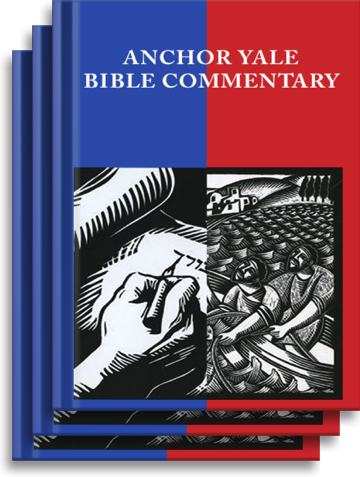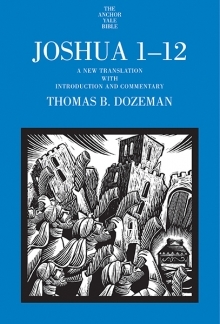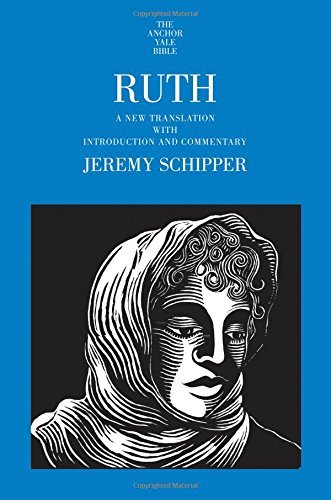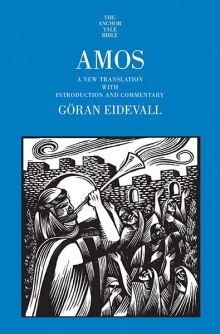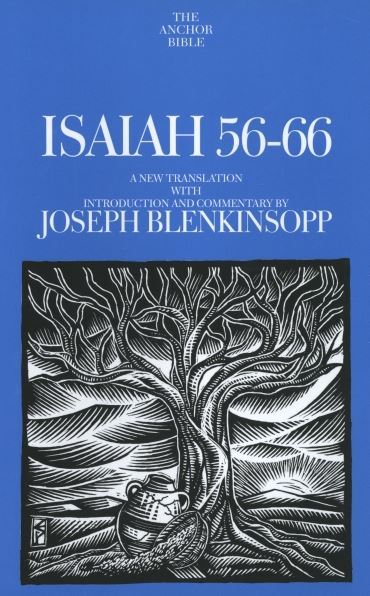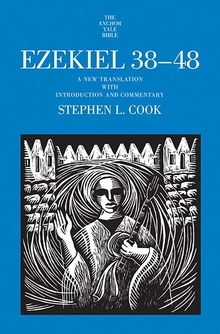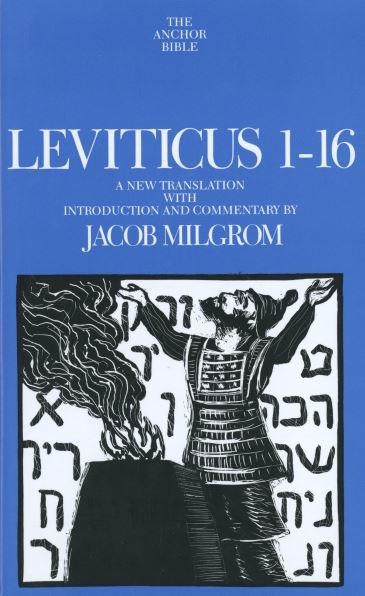


Anchor Yale Bible Commentary: Esther (AYB)

Anchor Yale Bible Commentary: Esther (AYB)
Esther, the biblical book named after the beautiful Jewish woman chosen by the Persian King Xerxes to be queen, is a story of love, political intrigue, and religious faithfulness. Carey A. Moore combines his treatment of scholarly issues with an engaging explanation of the popular Jewish festival of Purim.
One of three biblical books named after women (Esther, Ruth, Judith), Esther reads like a novel, with its fast-paced, action-packed story. Drawing on ancient tales of court intrigue and midrashic sources, the author captivates the reader with the story of Queen Esther, her uncle Mordecai, King Xerxes, and the the royal court's villain, Haman. The story not only entertains, it also explains the origins of the Jewish festival of Purim.
Moore deftly deals with the scholarly issues peculiar to this book without sacrificing his sensitivity to its literary quality. The uncertainty that Esther should be included in sacred Scripture stems from its apparent lack of religious elements, its absence at Qumran, and its questionable historicity. Moore takes up these issues, carefully explaining and weighing prevailing scholarly theories before registering his own conclusions on the origin, date, and purpose of the book of Esther.
Carey A. Moore is Chairman of the Department of Religion at Gettysburg College, Pennsylvania.
THE ANCHOR YALE BIBLE COMMENTARY SERIES is a project of international and interfaith scope in which Protestant, Catholic, and Jewish scholars from many countries contribute individual volumes. The project is not sponsored by any ecclesiastical organization and is not intended to reflect any particular theological doctrine.
The Anchor Yale Bible is committed to producing commentaries in the tradition established half a century ago by the founders of the series, William Foxwell Albright and David Noel Freedman. It aims to present the best contemporary scholarship in a way that is accessible not only to scholars but also to the educated nonspecialist. Its approach is grounded in exact translation of the ancient languages and an appreciation of the historical and cultural context in which the biblical books were written supplemented by insights from modern methods, such as sociological and literary criticism.
